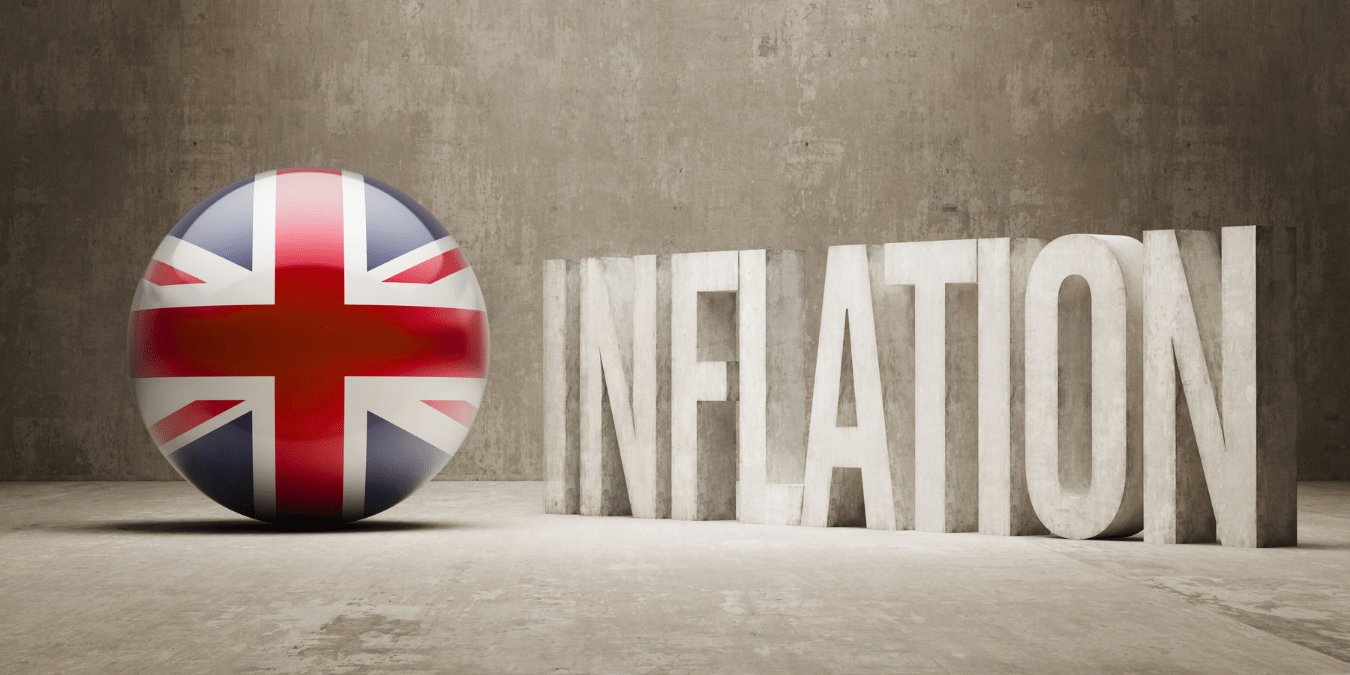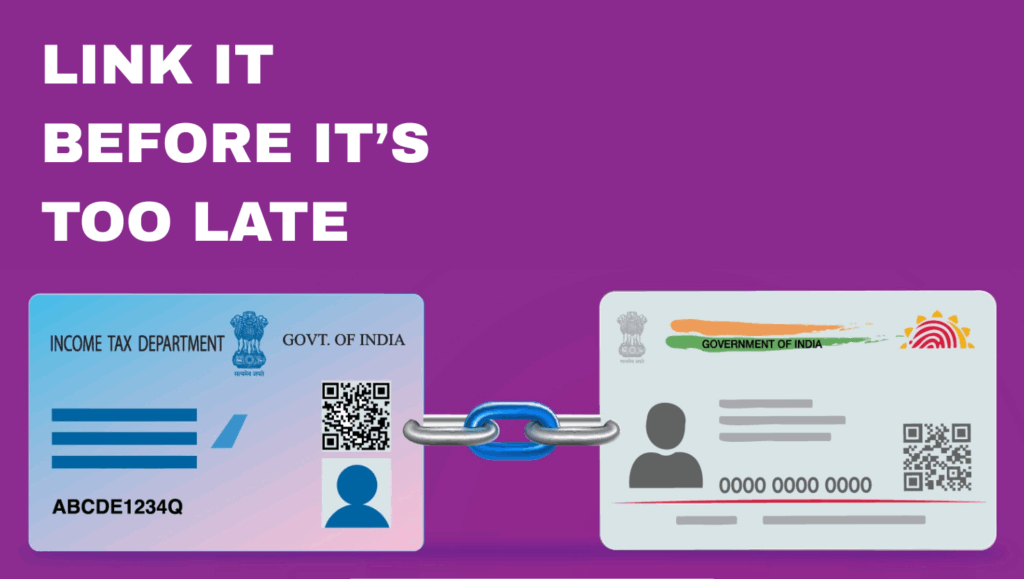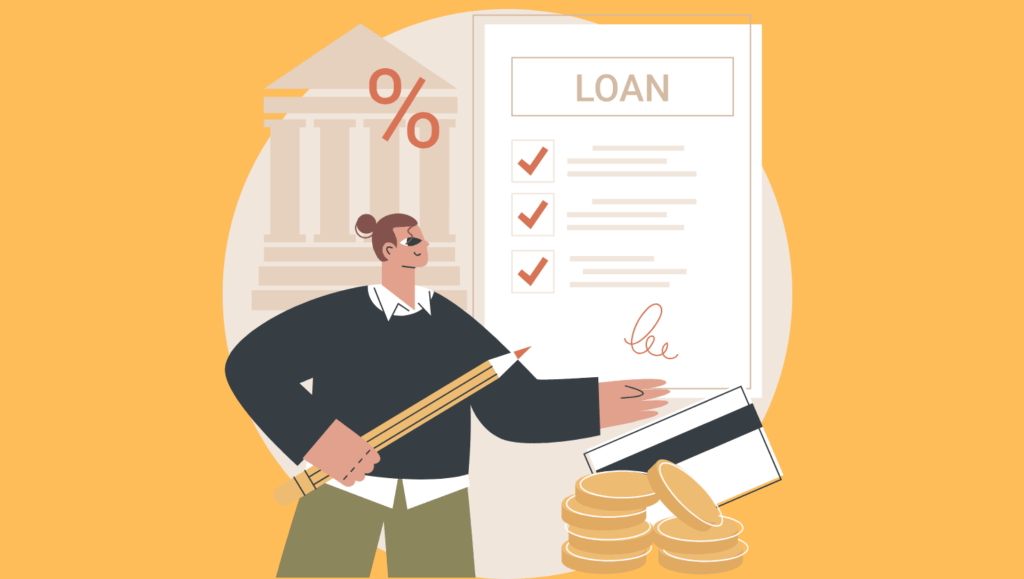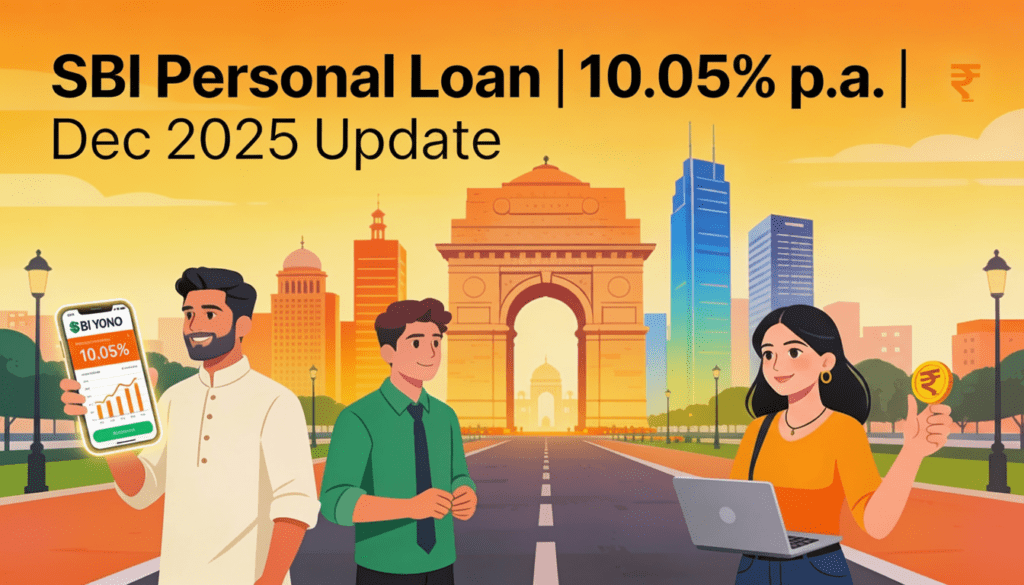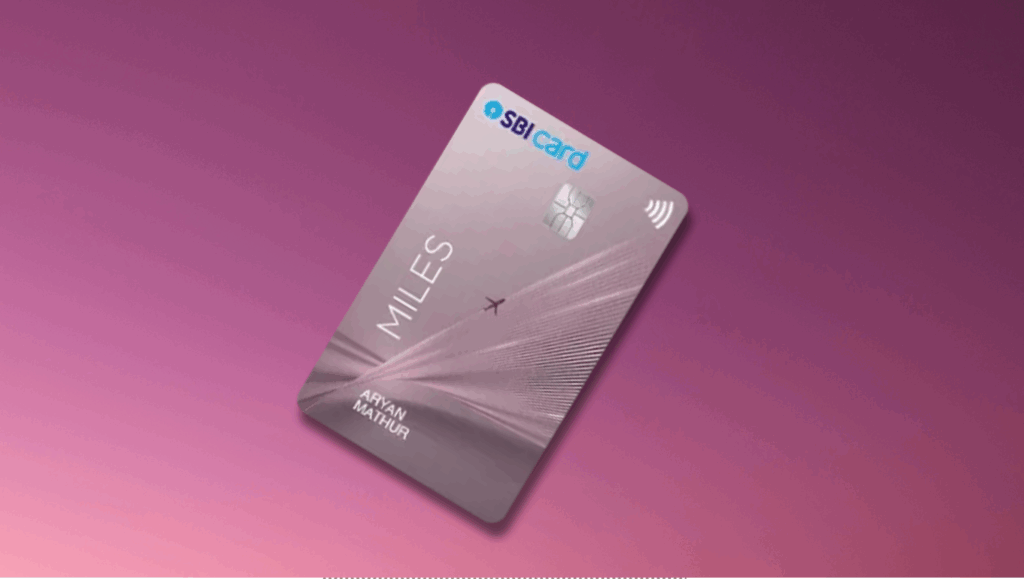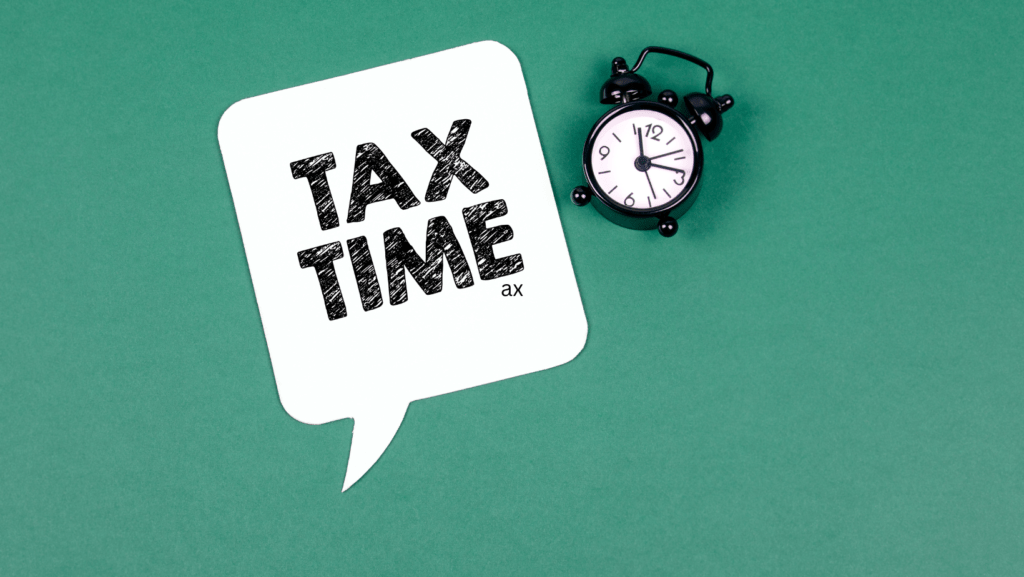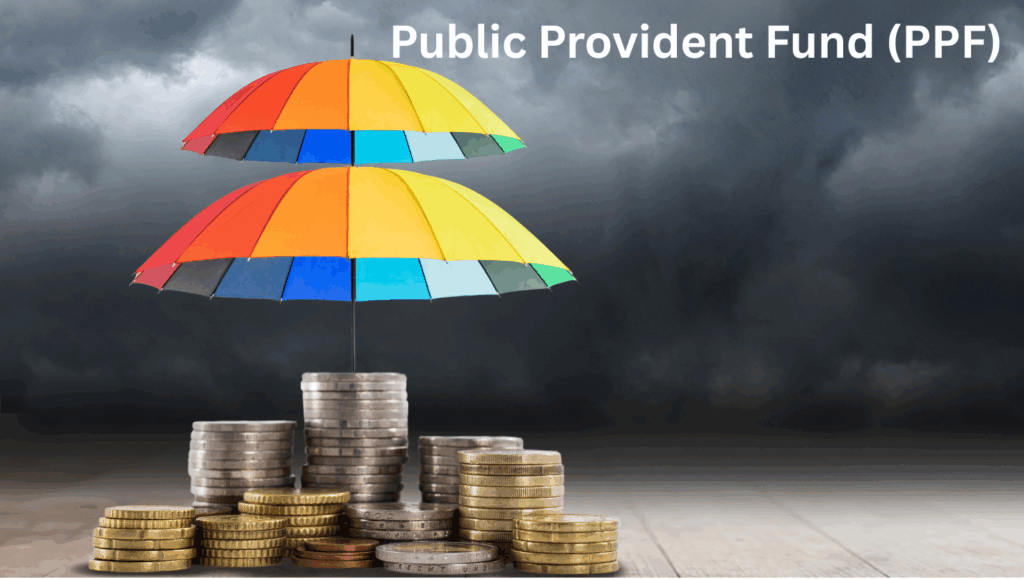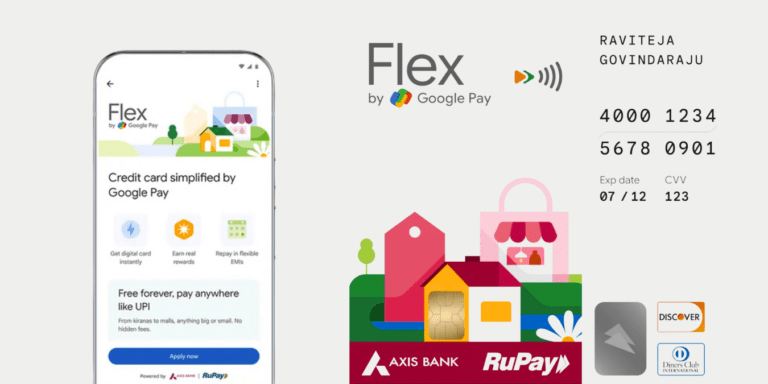
Can you request a specific credit limit increase on your credit card? Discover how issuers decide, the best strategies to boost your approval odds, and whether custom credit limit requests work. Learn expert tips to negotiate a higher limit—read now to maximize your credit potential!
Credit Cards have become an essential financial tool, with over 60 million users relying on them for shopping, bill payments, and emergency expenses. As credit card usage grows, many cardholders seek to increase their credit limits to gain more financial flexibility. A common question among Indian professionals is, “Can you request a specific credit limit when applying for a credit card limit increase?” This blog post explores the answer, diving into the process, eligibility criteria, benefits, and tips to optimize your chances of securing your desired credit limit. Packed with the latest data, this guide is tailored for Indian professionals aiming to enhance their financial planning.
Understanding Credit Card Limits in India
A credit card limit is the maximum amount a cardholder can spend using their credit card, set by the issuer based on factors like creditworthiness, income, and repayment history. In India, the minimum credit limit is typically twice an individual’s monthly salary, though this varies depending on the issuer and the applicant’s financial profile. For instance, a professional earning ₹50,000 per month might be offered a credit limit of ₹1,00,000 or more, depending on their CIBIL score and debt-to-income (DTI) ratio.
Credit limits are not fixed and can be adjusted over time. Banks like HDFC, SBI, ICICI, and Kotak periodically review accounts and may offer automatic increases for responsible users. However, cardholders can also proactively request a credit limit increase to meet specific financial goals, such as funding a large purchase or improving their credit utilization ratio.
Can You Request a Specific Credit Limit?
Yes, you can request a specific credit limit when applying for a credit card limit increase, but the approval depends on the issuer’s policies and your financial profile. While you can indicate a desired amount, banks evaluate your request based on several factors, including:
- Credit Score: A CIBIL score above 750 significantly boosts your chances of approval for a higher limit. Scores closer to 900 often qualify for premium cards with higher limits.
- Income: Submitting updated proof of income, such as recent payslips or a salary hike letter, strengthens your case. Banks prefer applicants with stable, high incomes.
- Repayment History: Timely bill payments and a clean repayment record demonstrate financial discipline, increasing the likelihood of approval.
- Debt-to-Income Ratio: A low DTI ratio (total monthly debt divided by net monthly income) signals that you can handle additional credit without defaulting.
- Credit Utilization Ratio: Keeping your credit utilization below 30% shows responsible credit management, making banks more likely to approve a higher limit.
While you can request a specific amount, issuers may approve a lower limit or reject the request if your profile doesn’t meet their criteria. For example, SBI and HDFC allow online requests for limit increases, but the final decision rests on their internal underwriting process.
How to Request a Credit Limit Increase in India
Requesting a credit card limit increase in India is a straightforward process, with most banks offering multiple channels to submit your application. Here’s a step-by-step guide:
- Check Eligibility: Log in to your bank’s net banking portal or mobile app to verify your eligibility for a limit increase. For instance, SBI users can navigate to the “Services” or “Account Settings” tab to check eligibility.
- Gather Documentation: Prepare documents like recent payslips, income tax returns, or proof of a salary hike to support your request. Some banks may also require updated financial statements.
- Submit the Request:
- Online: Most banks, including ICICI and HDFC, allow you to request a limit increase through their net banking or mobile app. For example, HDFC users can go to “Cards” > “Request” > “Credit Limit Enhancement” on NetBanking.
- Phone Banking: Call the bank’s customer care number (e.g., HDFC’s 24/7 helpline) to discuss your request and clarify any queries.
- Branch Visit: Visit your nearest bank branch to submit a formal request, though this is less common due to digital options.
- Specify the Desired Limit: When prompted, indicate the specific credit limit you’re seeking. Be realistic—requesting an excessively high limit without a proportional income increase may lead to rejection.
- Wait for Approval: The approval process typically takes a few days to a week, depending on the bank. For instance, ICICI offers instant limit increases for eligible customers via the iMobile app, while others may take up to 10 days.
- Receive Confirmation: Upon approval, you’ll receive an SMS or email confirming the new limit, which you can start using immediately.
Benefits of a Higher Credit Card Limit
Increasing your credit card limit offers several advantages, especially for Indian professionals managing complex financial portfolios. Key benefits include:
- Improved Credit Utilization Ratio: A higher limit lowers your credit utilization ratio (the percentage of available credit you’re using), which can boost your CIBIL score. For example, if your current limit is ₹1,00,000 and you spend ₹25,000, your utilization is 25%. Doubling the limit to ₹2,00,000 reduces it to 12.5%, positively impacting your credit score.
- Financial Flexibility: A higher limit allows you to make larger purchases, such as booking flights or buying electronics, without maxing out your card. This is particularly useful for professionals planning vacations or business expenses.
- Emergency Funds: A higher limit serves as a safety net for unexpected expenses, like medical bills or car repairs, reducing reliance on high-interest loans.
- Enhanced Rewards: Premium cards with higher limits often come with better rewards, such as cashback, travel points, or lounge access, enhancing your lifestyle.
- Loan Eligibility: A high credit limit combined with low utilization signals creditworthiness, making it easier to secure loans with favorable terms.
Tips to Maximize Approval Chances
To increase your chances of securing your desired credit card limit, follow these expert tips:
- Maintain a High Credit Score: Regularly check your CIBIL score and address any discrepancies. Pay bills on time and keep balances low to maintain a score above 750.
- Reduce Debt: Pay off existing loans or high credit card balances before applying. A lower DTI ratio reassures banks of your repayment capacity.
- Update Income Details: Submit proof of a recent salary hike or additional income sources to justify a higher limit.
- Request Modestly: Ask for a 10-25% increase over your current limit to avoid triggering a hard inquiry, which could temporarily lower your credit score.
- Time Your Request: Wait at least six months between requests, as frequent applications may signal financial distress.
- Use Online Tools: Many banks offer credit limit calculators or eligibility checkers on their websites. For example, Bank of Baroda provides tools to estimate your potential limit.
Potential Risks and Considerations
While a credit limit increase offers benefits, it comes with responsibilities. Overspending can lead to debt accumulation, especially if you treat the higher limit as extra income. Here are key considerations:
- Hard Inquiries: Some banks perform a hard inquiry when processing a limit increase, which may lower your credit score by a few points. Check with your issuer to confirm if it’s a soft or hard inquiry.
- Temptation to Overspend: A higher limit may encourage unnecessary spending. Stick to a budget and spend only 30-40% of your limit to maintain a healthy credit profile.
- Overlimit Fees: Exceeding your limit can result in penalties and higher interest rates, negatively impacting your credit score.
- Denial Impact: If your request is denied, the hard inquiry (if applicable) may still affect your score without the benefit of a higher limit.
These keywords align with search intent, targeting Indian professionals seeking actionable advice. Additionally, we’ve included internal links to related topics (e.g., credit score improvement) and structured the content with clear headings for better readability and SEO performance.
Request a Specific Credit Limit Increase?
Requesting a specific credit card limit when applying for an increase is possible in India, but approval depends on your financial profile and the issuer’s policies. By maintaining a high CIBIL score, reducing debt, and providing updated income proof, you can significantly improve your chances of securing your desired limit. A higher credit limit offers financial flexibility, better rewards, and an improved credit score, but it requires responsible usage to avoid debt traps.
For Indian professionals, leveraging a credit card limit increase strategically can enhance financial planning and support lifestyle goals. Whether you’re with HDFC, SBI, ICICI, or another issuer, follow the steps outlined above and use our tips to navigate the process confidently. Always consult your bank’s customer care or financial advisor for personalized guidance, and check official websites like HDFC Bank or Forbes Advisor India for the latest updates.
Disclaimer: The information provided is for educational purposes only. Consult your bank or financial advisor before making financial decisions. Data is accurate as of April 27, 2025, and subject to change.
